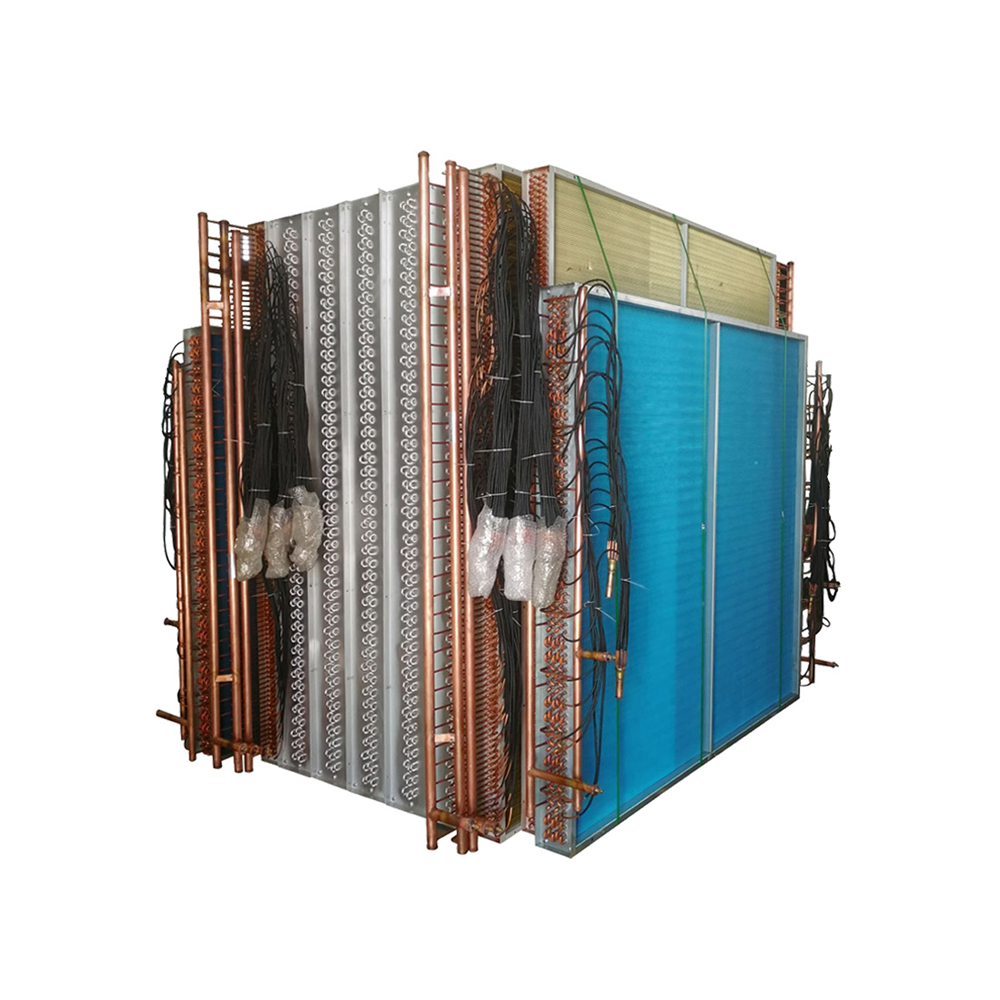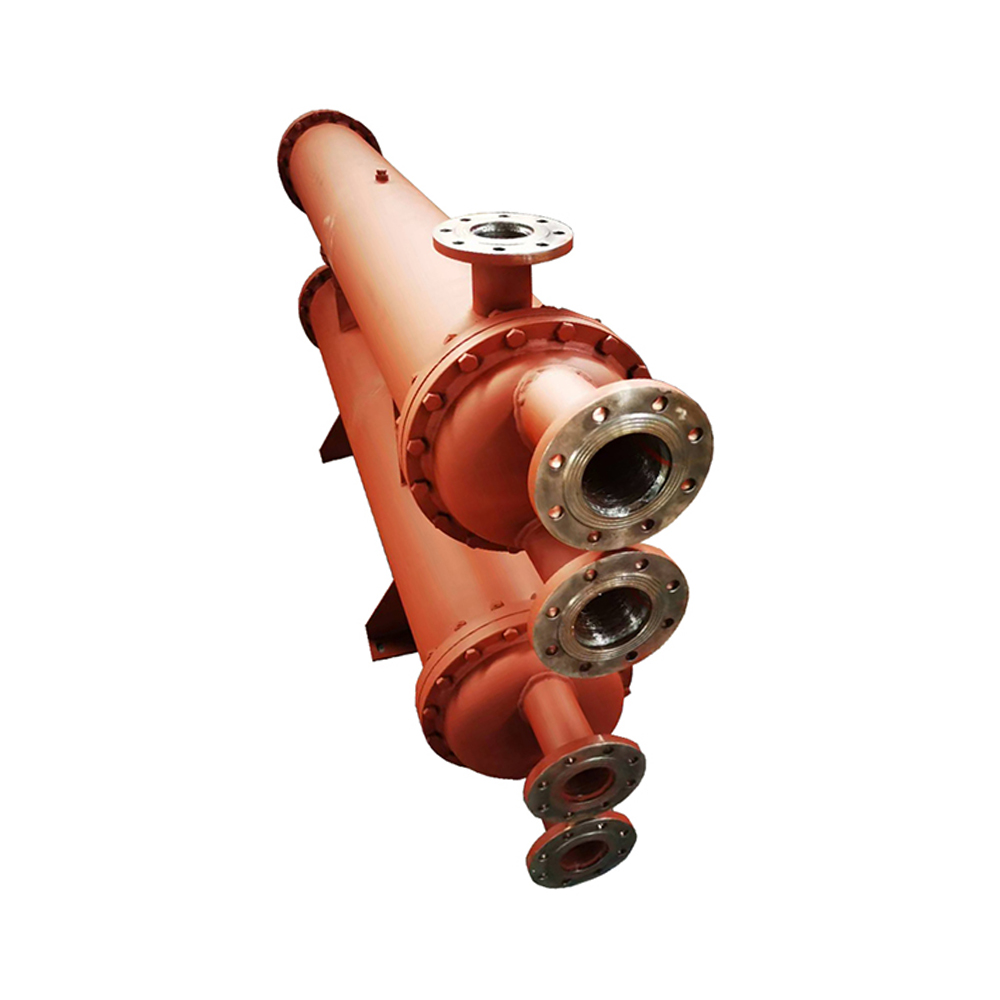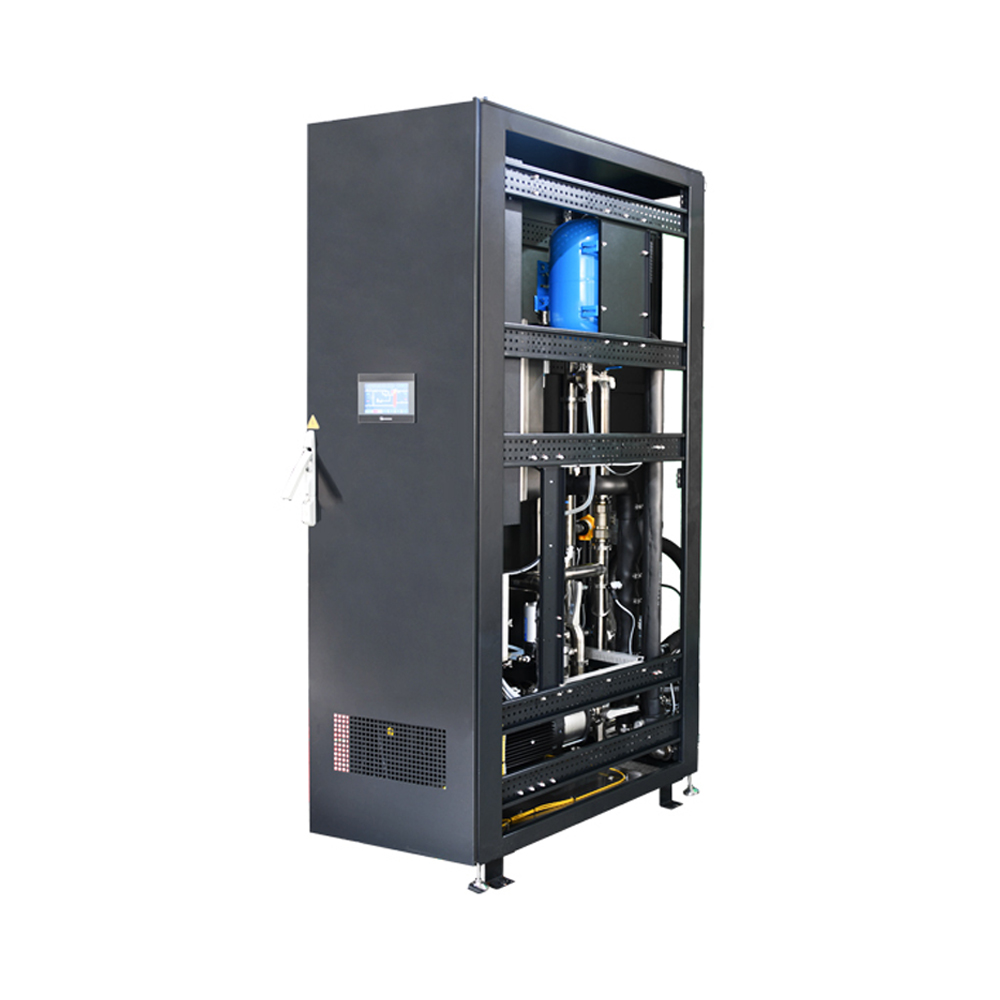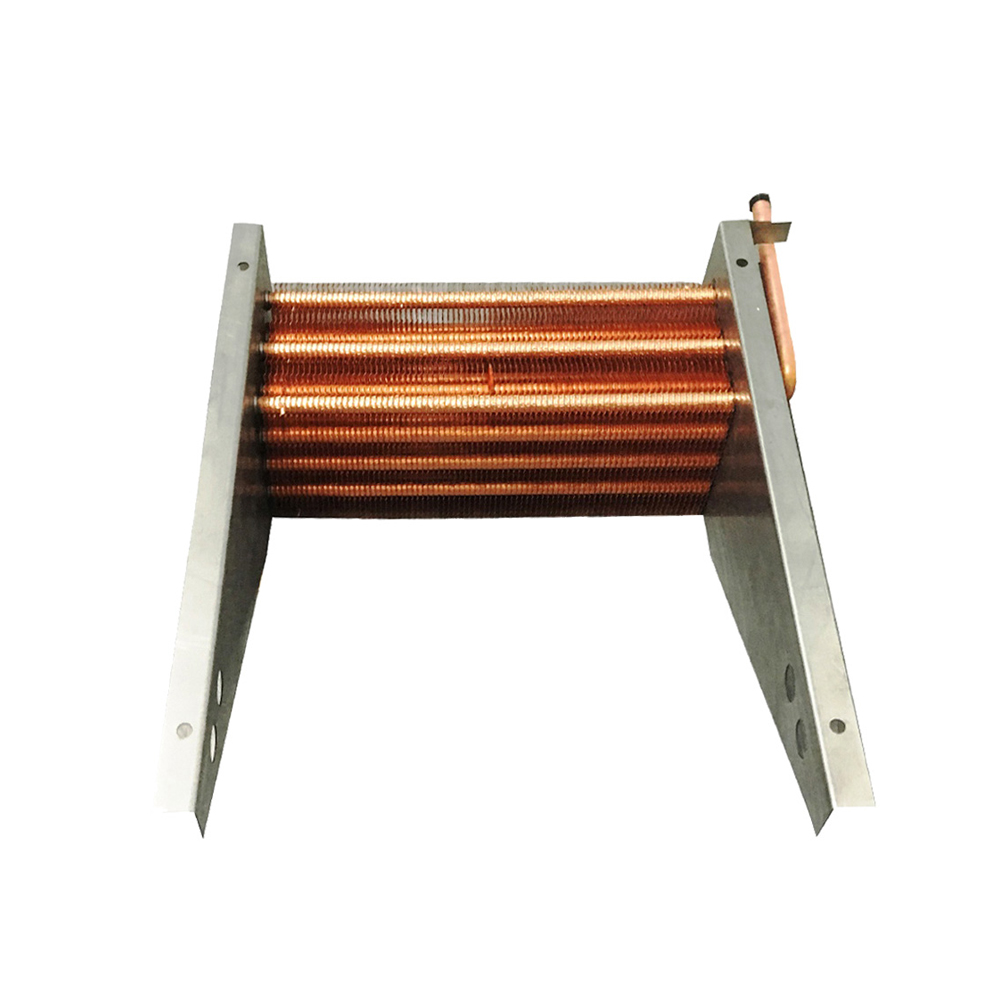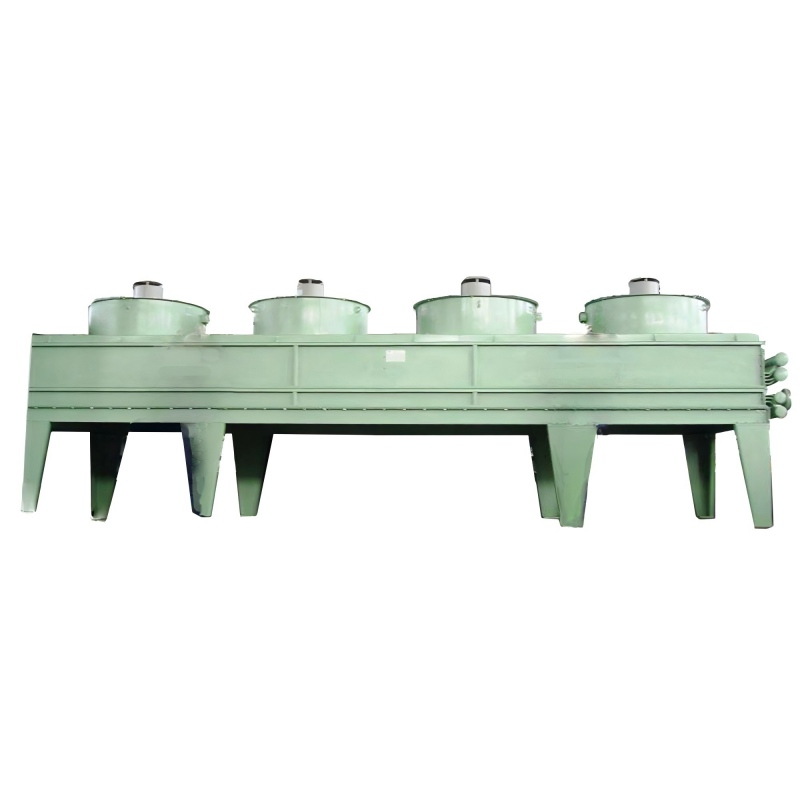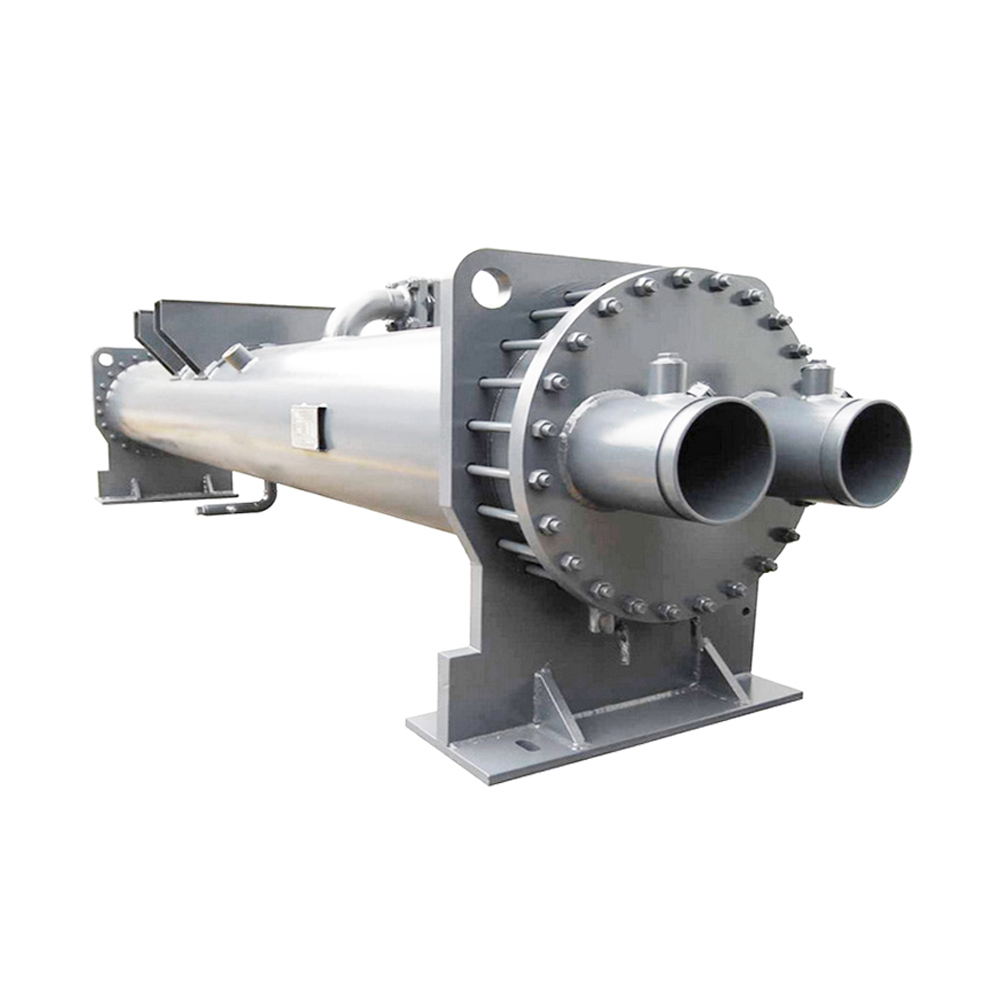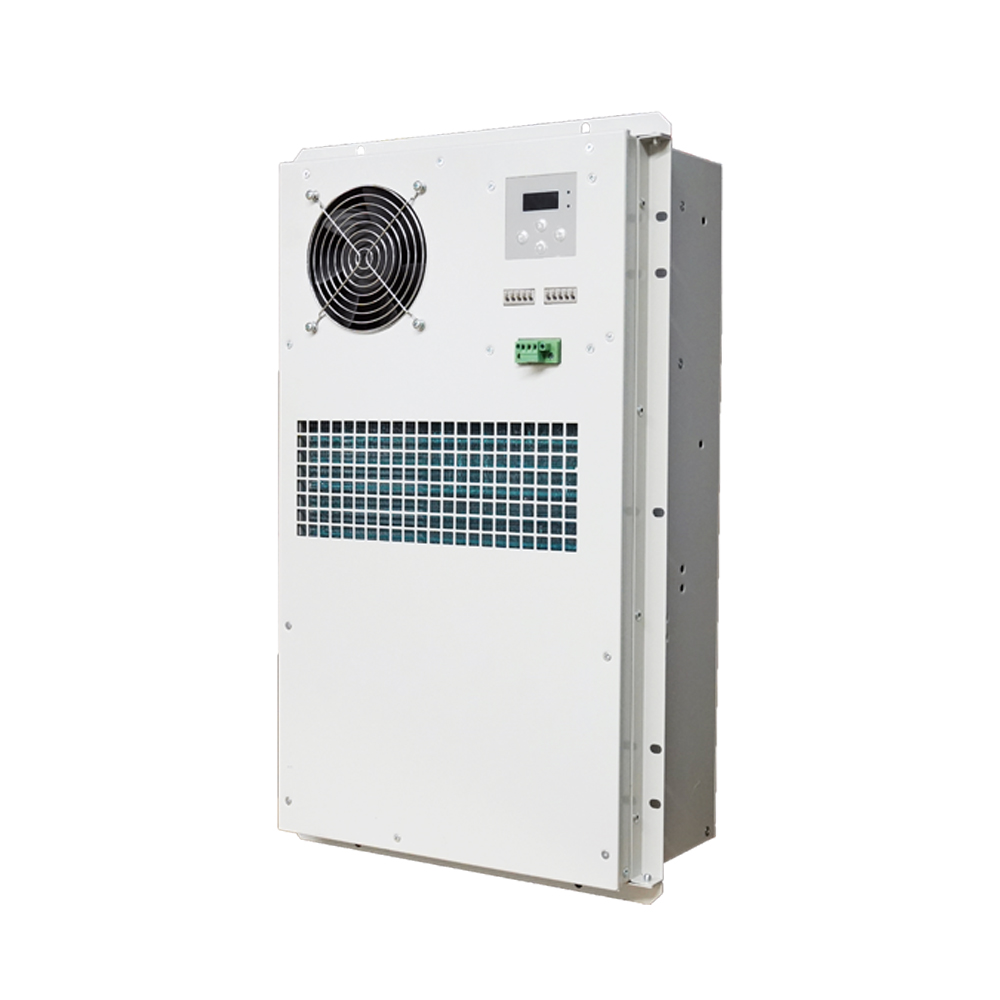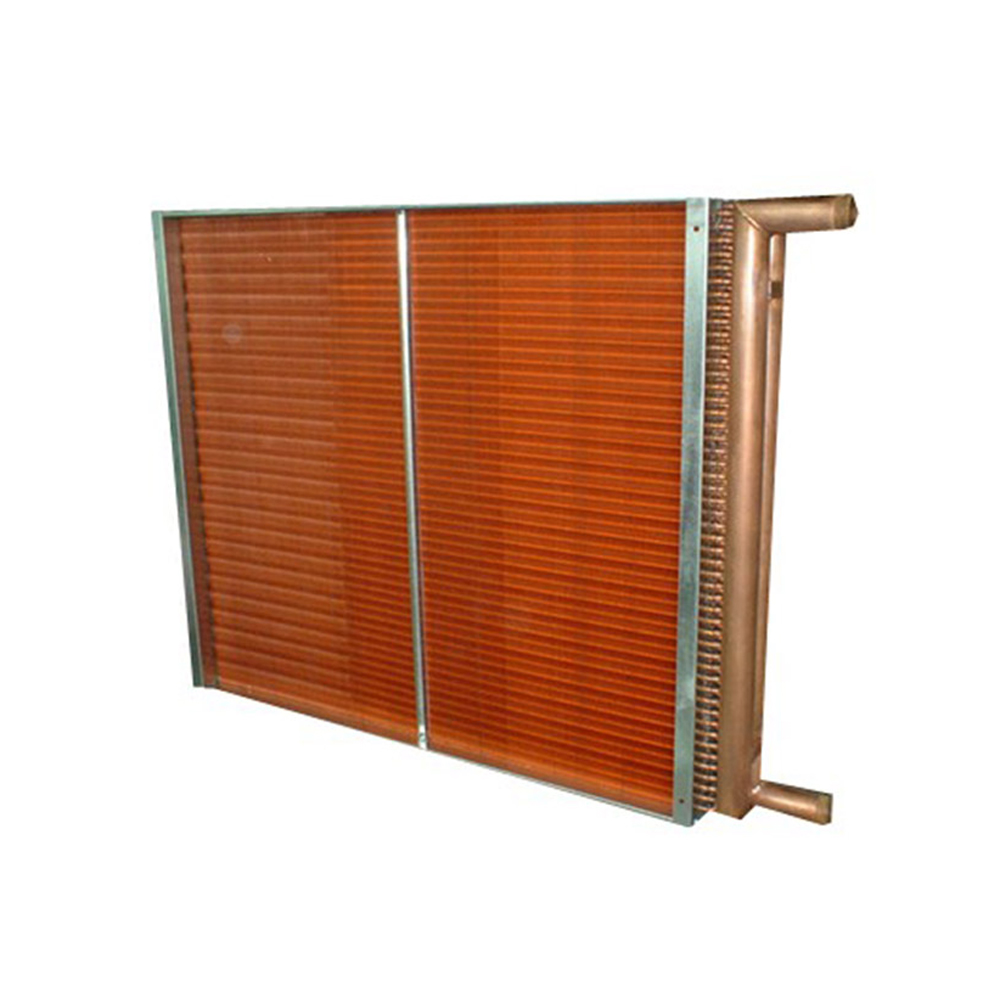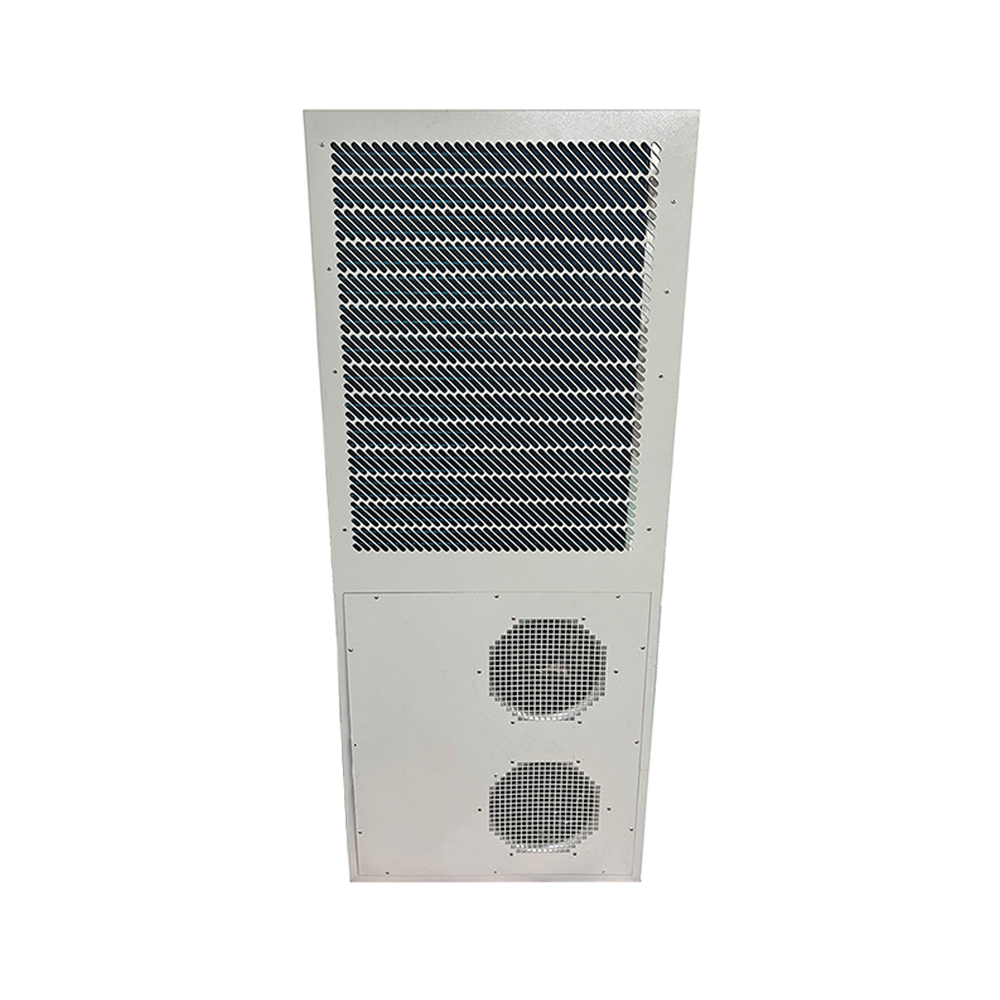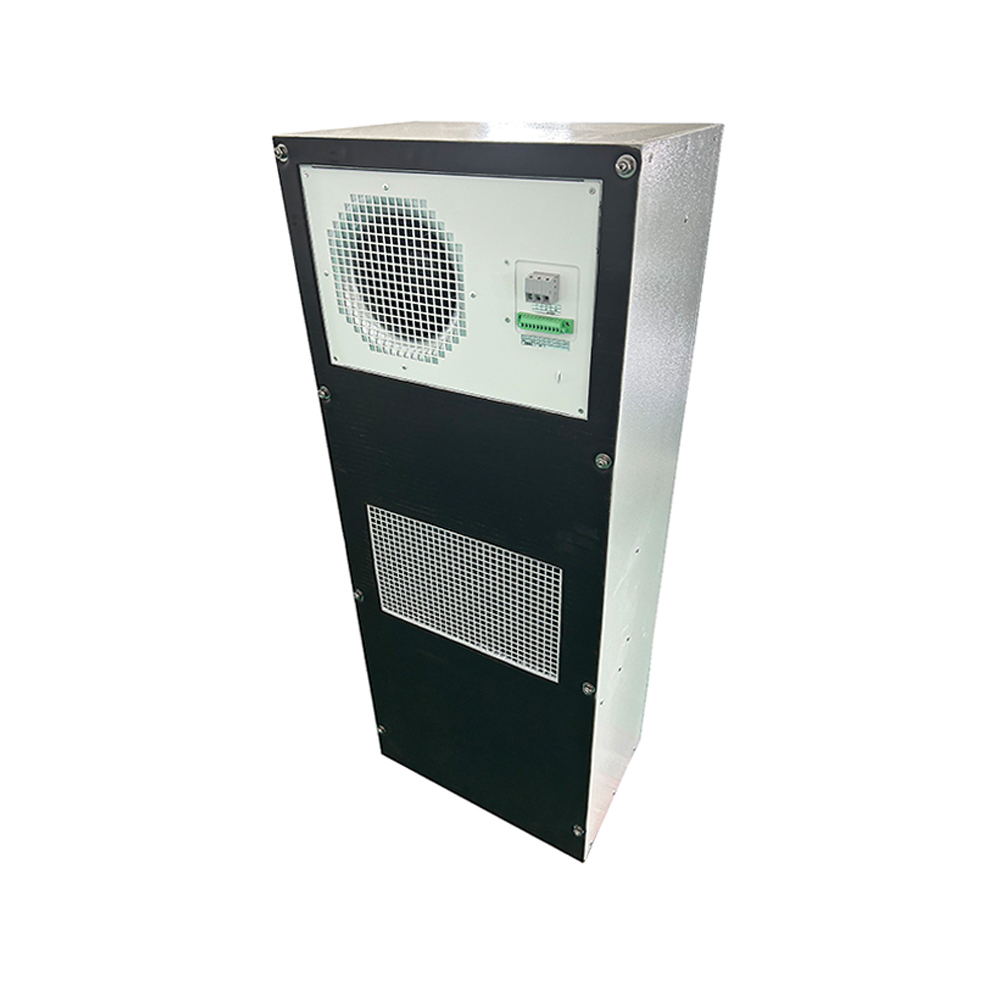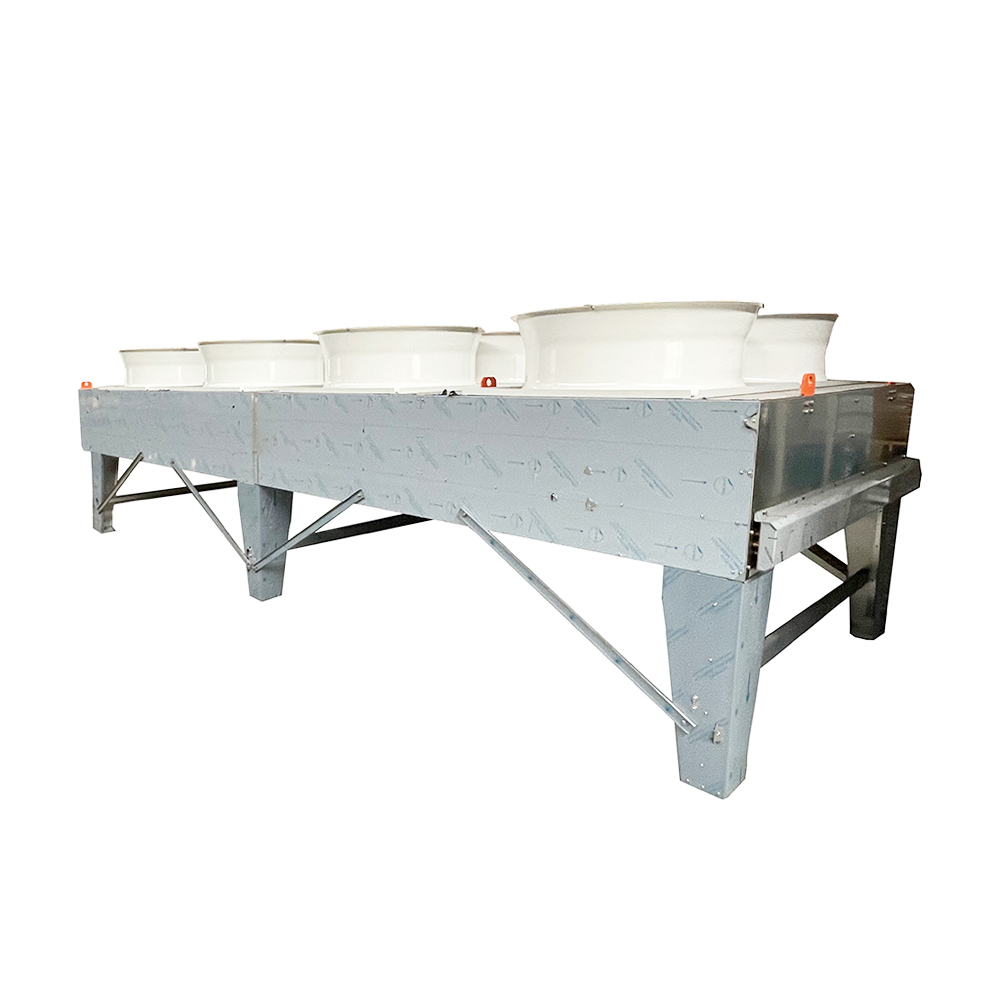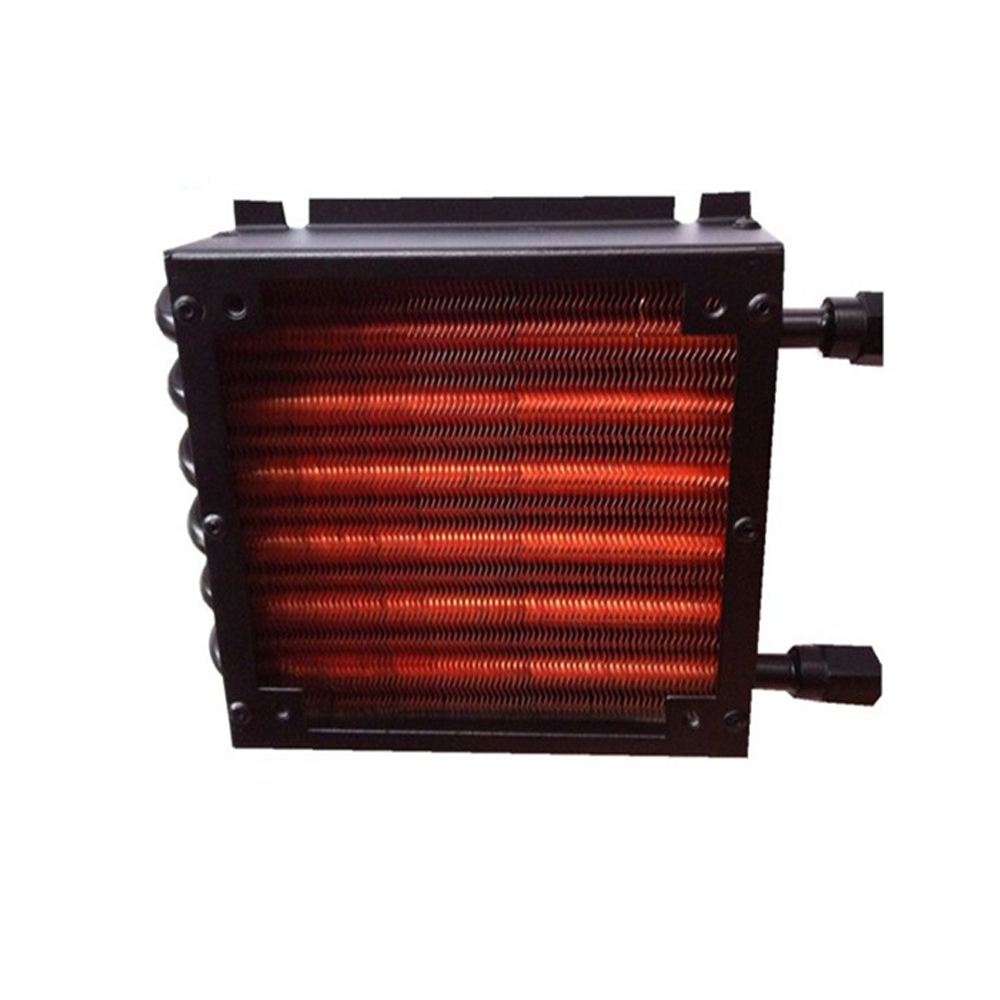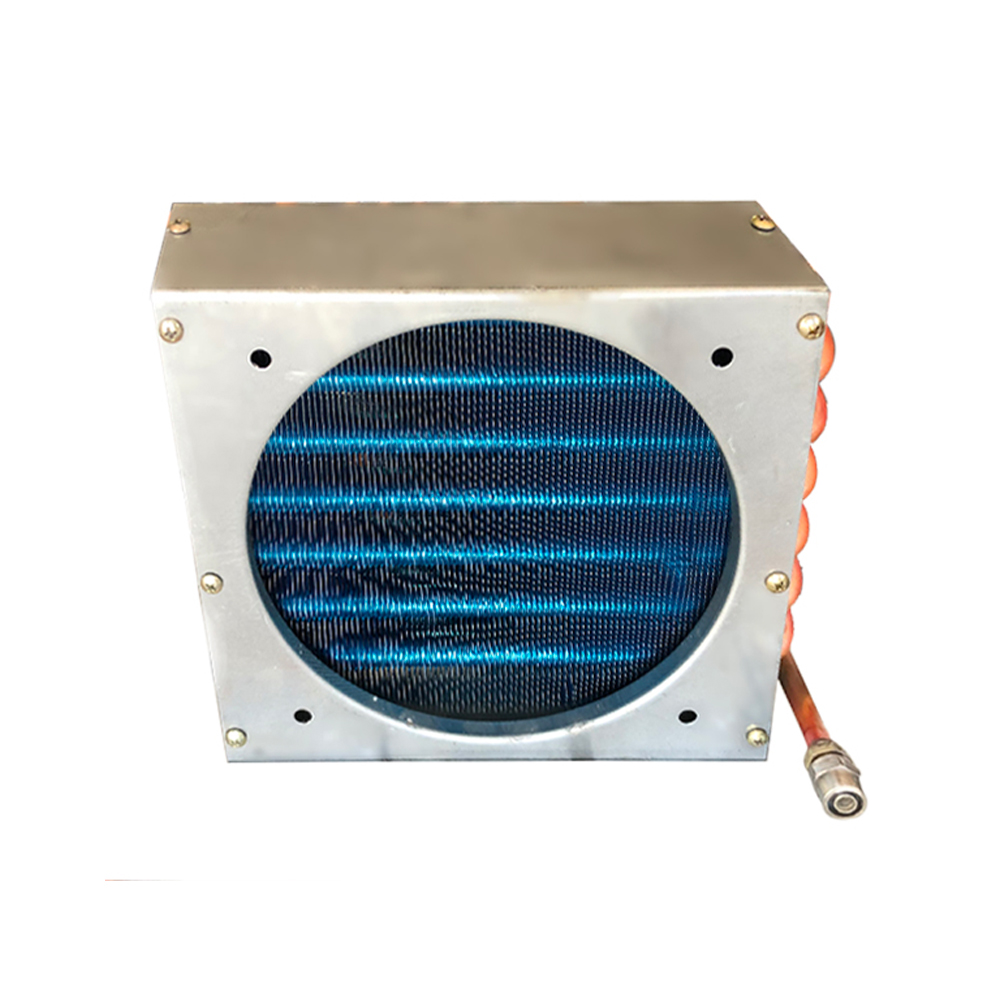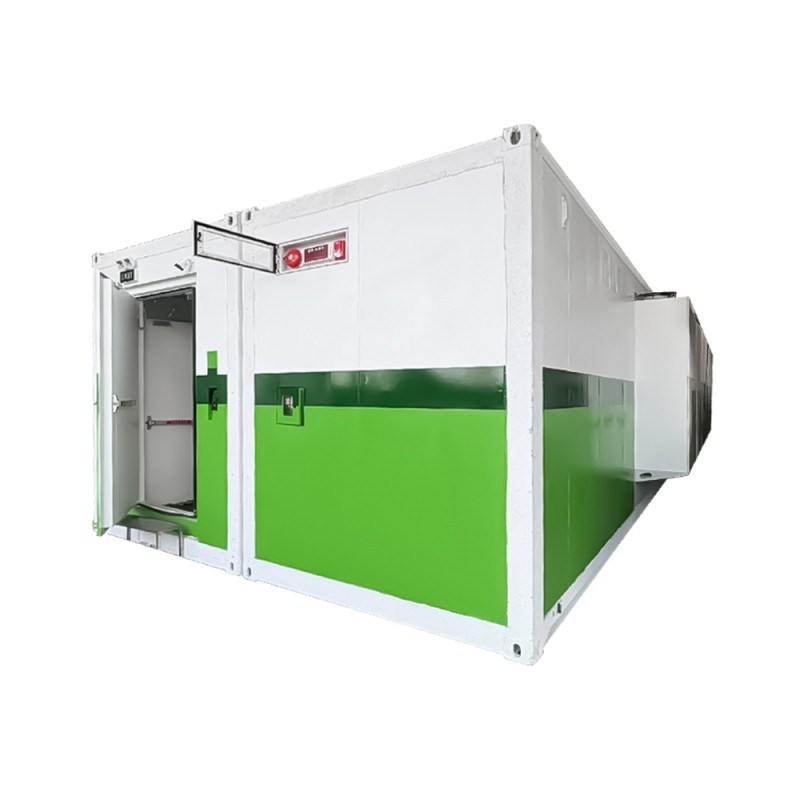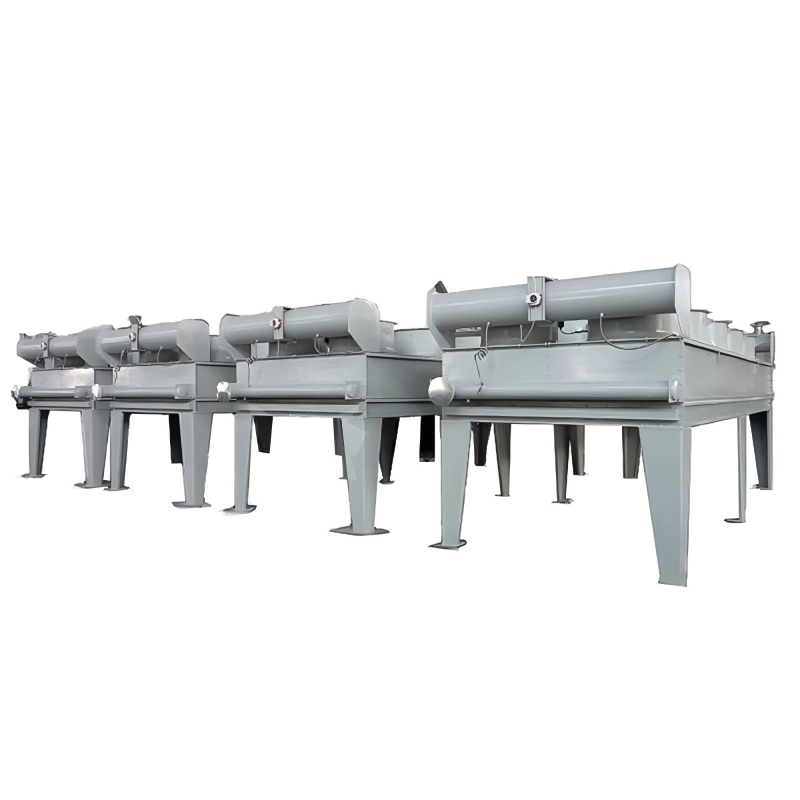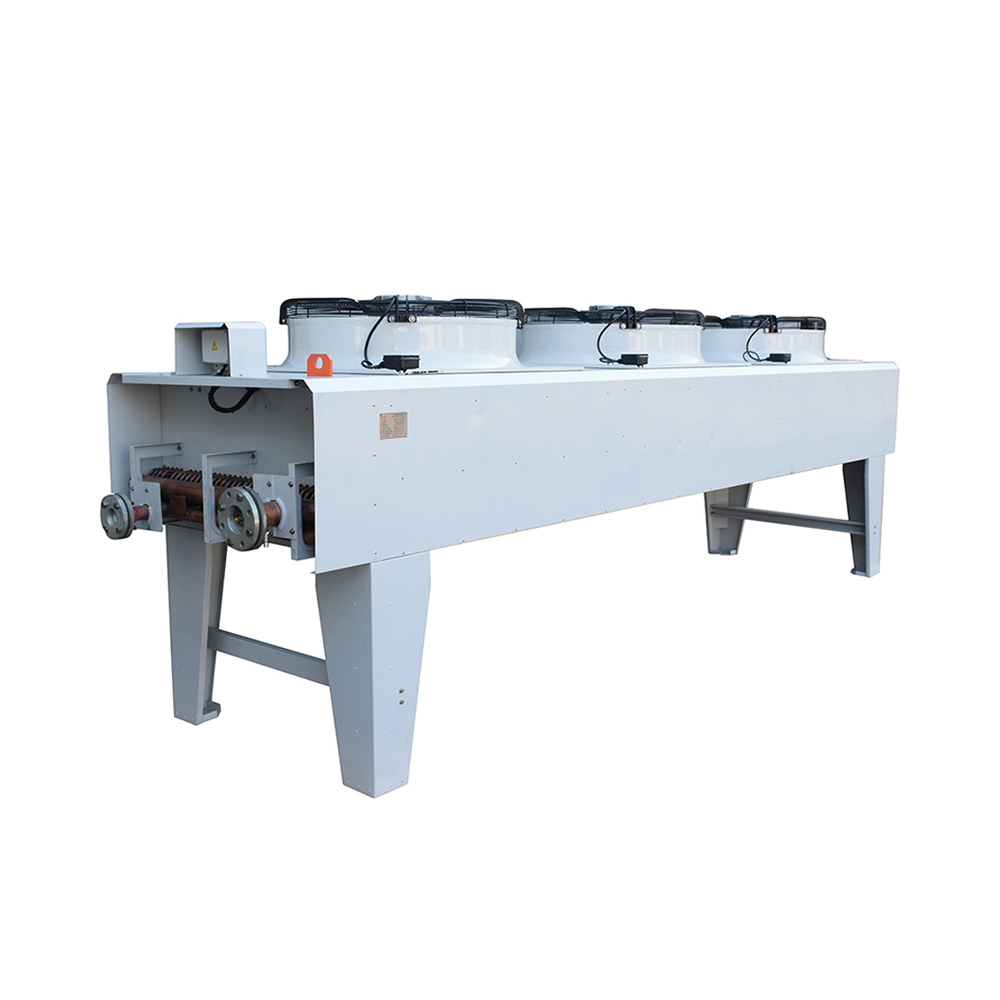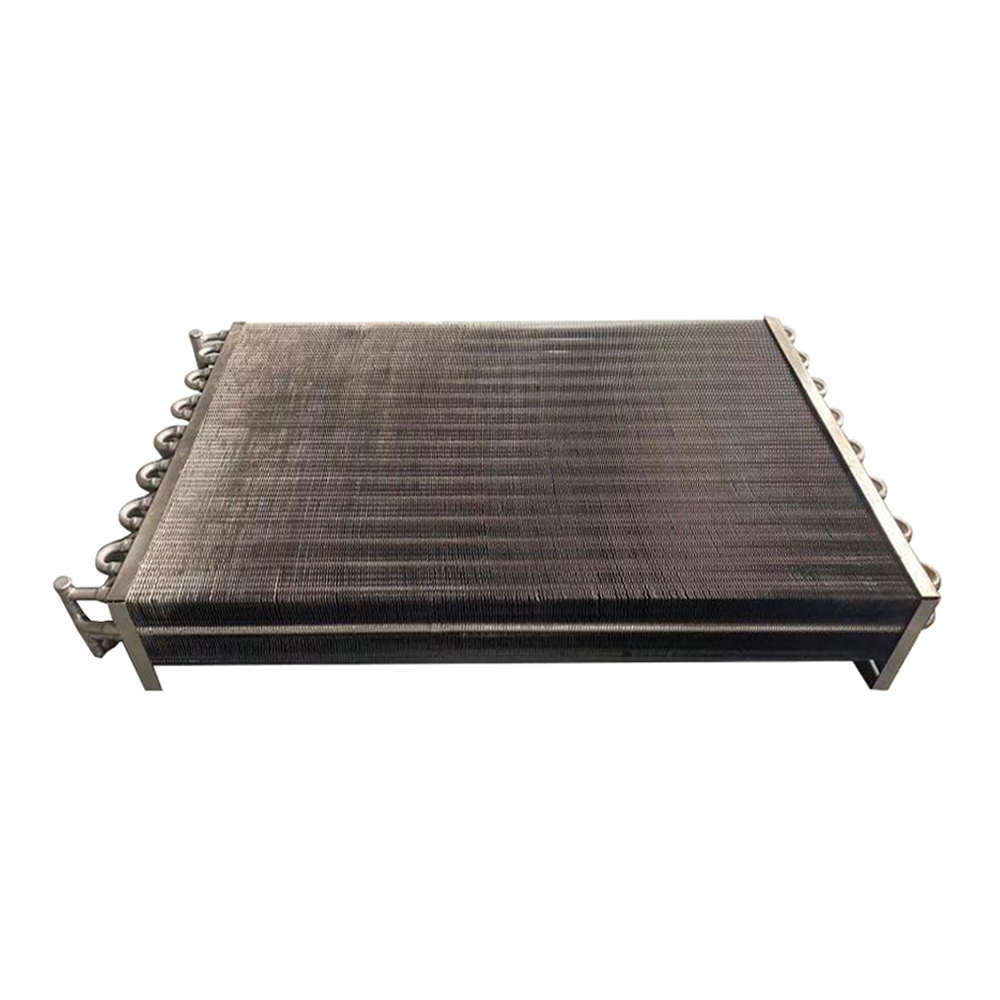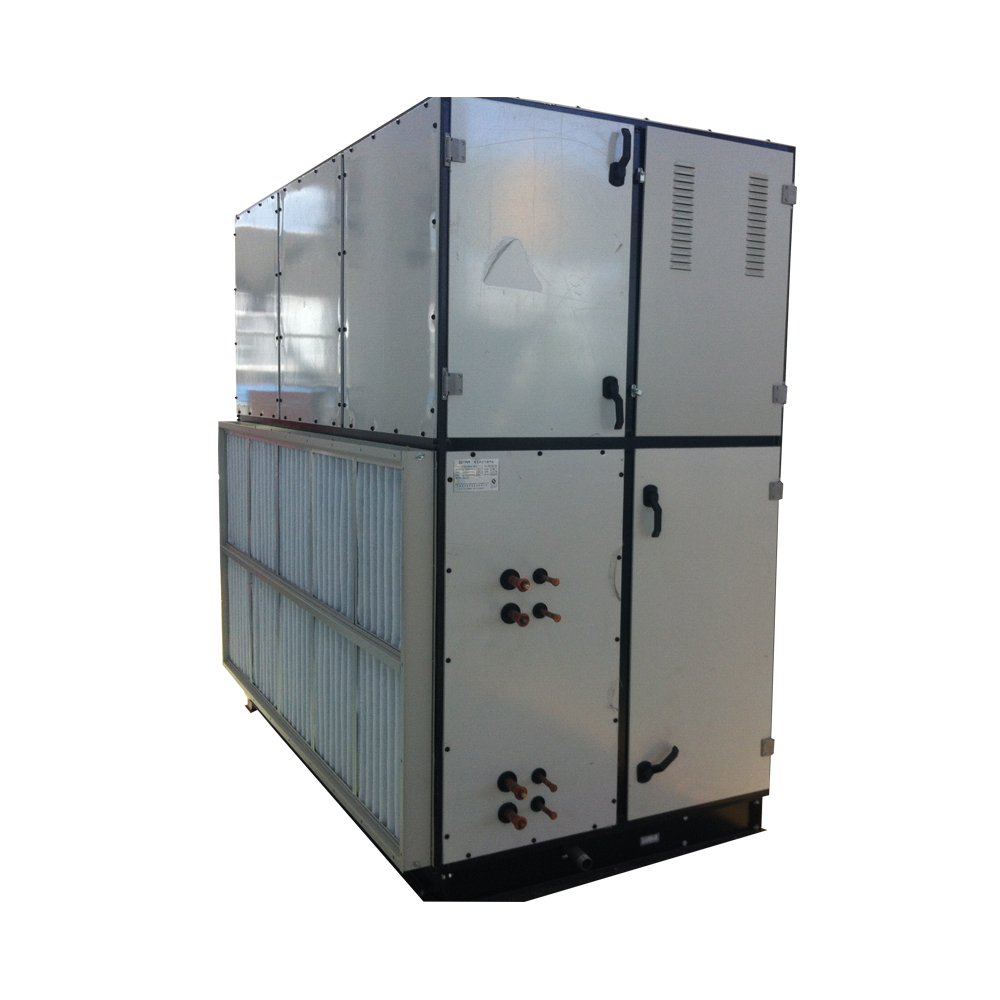This comprehensive guide explores the world of industrial air handlers, covering key considerations for selection, installation, and maintenance. We'll delve into different types, functionalities, energy efficiency, and factors influencing your choice, ensuring you find the perfect solution for your specific needs. Learn how to optimize your facility's climate control and improve overall efficiency.
What is an Industrial Air Handler?
An industrial air handler is a large-scale HVAC (Heating, Ventilation, and Air Conditioning) system designed for commercial and industrial applications. Unlike residential systems, industrial air handlers are built for higher capacities, greater durability, and often incorporate advanced features for precise climate control and energy efficiency. They typically consist of a blower, heating/cooling coils, filters, and controls, all housed within a robust enclosure. The specific components and capabilities vary greatly depending on the application and building requirements.
Types of Industrial Air Handlers
Based on Heating/Cooling Method
Industrial air handlers can be categorized based on their heating and cooling methods. Common types include:
- Air-cooled chillers: These use air to cool refrigerant, making them suitable for applications where water cooling is impractical or unavailable.
- Water-cooled chillers: These utilize water to cool the refrigerant, often providing greater efficiency, particularly in large-scale installations.
- Electric heaters: These provide heating through electric resistance coils, offering immediate heat but potentially higher energy costs.
- Gas heaters: These use natural gas or propane for heating, offering potentially lower operating costs than electric heaters but requiring proper gas lines and ventilation.
Based on Airflow Configuration
The airflow configuration also influences industrial air handler selection:
- Horizontal airflow: Ideal for applications where ceiling space is limited.
- Vertical airflow: Suitable for installations with sufficient vertical space.
Key Factors to Consider When Choosing an Industrial Air Handler
Choosing the right industrial air handler involves considering several crucial factors:
Capacity and Size
The system's capacity (CFM - Cubic Feet per Minute) should match the building's heating and cooling load. Accurate load calculations are essential to ensure proper climate control. An undersized unit struggles to maintain temperature, while an oversized one can lead to inefficient operation and cycling issues.
Energy Efficiency
Energy efficiency is a significant consideration, impacting long-term operational costs. Look for units with high SEER (Seasonal Energy Efficiency Ratio) and EER (Energy Efficiency Ratio) ratings. This will vary depending on the specific technology used (e.g., air-cooled vs. water-cooled). Investing in energy-efficient models offers substantial savings over the lifespan of the system.
Filtration
Effective filtration removes dust, pollutants, and other airborne particles, improving indoor air quality. Consider the required filter efficiency (MERV rating) based on the specific needs of the environment. Regular filter changes are crucial for maintaining optimal performance.
Controls and Automation
Modern industrial air handlers often include advanced control systems that allow for precise temperature regulation and energy management. Smart controls can optimize performance, reduce energy waste, and simplify maintenance.
Maintenance
Regular maintenance is essential for extending the lifespan of an industrial air handler and ensuring optimal performance. This includes regular filter changes, coil cleaning, and inspections of other components. Preventive maintenance minimizes downtime and reduces repair costs.
Finding the Right Industrial Air Handler for Your Needs
Selecting the appropriate industrial air handler requires careful consideration of the factors discussed above. Consulting with a qualified HVAC professional is highly recommended to ensure you choose a system that meets your specific needs and budget. They can conduct a thorough assessment of your facility and provide tailored recommendations.
Conclusion
Investing in a high-quality industrial air handler is crucial for maintaining a comfortable and productive work environment. By understanding the different types, considering key factors, and seeking expert advice, you can find the ideal solution to meet your specific industrial climate control needs. Remember that proper installation and regular maintenance are essential for maximizing the system's lifespan and efficiency.
For more information on high-performance industrial HVAC solutions, visit Shanghai SHENGLIN M&E Technology Co.,Ltd. Their expertise in industrial air handlers can help you find the perfect fit for your facility.









